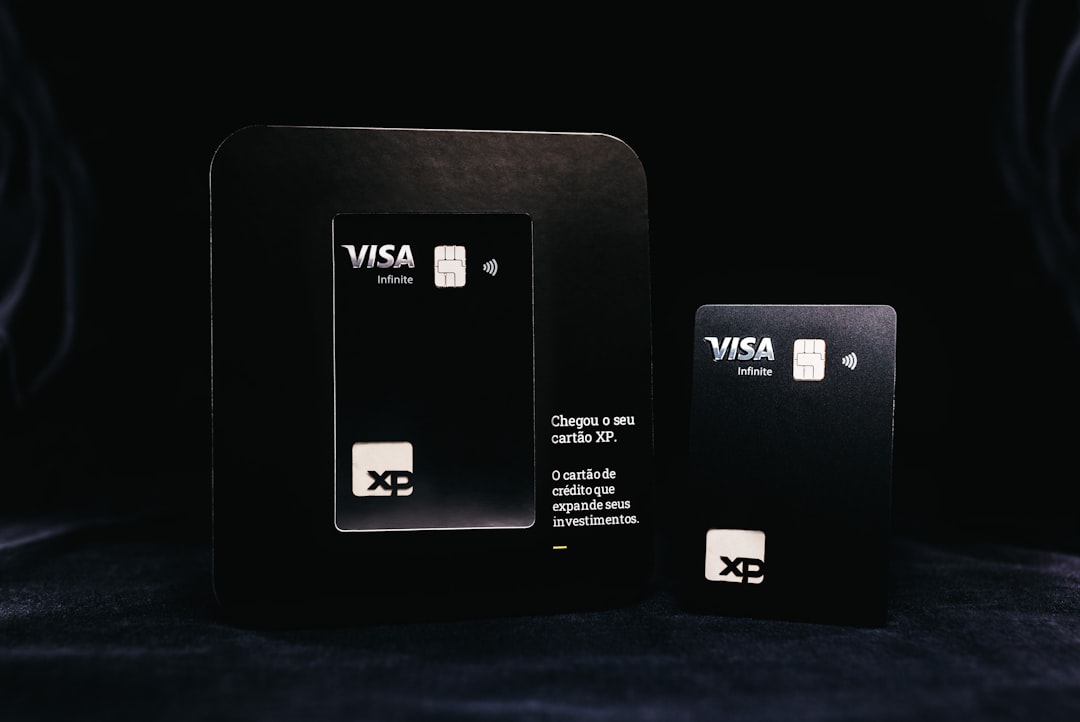In recent years, AI assistants have evolved from simple voice-controlled helpers into powerful, intelligent agents capable of handling a wide array of tasks. As we enter 2025, the landscape of AI assistants is more competitive and diverse than ever, offering customized services that cater to both personal and business needs. This guide provides a comprehensive comparison of the leading AI assistants in 2025 to help users make an informed decision based on features, performance, and overall user experience.
Top AI Assistants in 2025
The most widely used AI assistants in 2025 continue to be:
- Google Assistant
- Apple Siri
- Amazon Alexa
- Microsoft Copilot
- ChatGPT Voice by OpenAI
Google Assistant
Strengths: Google Assistant remains the most versatile and context-aware assistant, especially when it comes to search and smart home integration. It continues to support multilingual interactions and is deeply embedded with Android-based systems.
Drawbacks: Limited offline capabilities and formal tone that may feel less conversational.

Apple Siri
Strengths: Siri continues to be the go-to for Apple ecosystem users. It integrates seamlessly with iOS, macOS, and other Apple devices, offering superior privacy protections and better device synchronization.
Drawbacks: Slower processing speeds compared to other assistants and some limitations in third-party integrations.
Amazon Alexa
Strengths: Alexa’s strength lies in its smart home capabilities and skill-based ecosystem. In 2025, Alexa supports over 150,000 skills, ranging from shopping to customized routines for smart homes.
Drawbacks: Reliance on internet connectivity and less accurate responses for non-Amazon services.
Microsoft Copilot
Strengths: Built into Windows 11 and Microsoft 365, Copilot is tailored for productivity. It excels at tasks like managing emails, generating documents, and summarizing meetings.
Drawbacks: Less useful outside of business/productivity scenarios and requires Office subscriptions for full access.

ChatGPT Voice (OpenAI)
Strengths: Based on GPT-4.5 and now GPT-5 models, ChatGPT Voice offers human-like conversational abilities. It has become popular for creative writing, language translation, and educational support. Newly introduced multi-modal features allow it to see and hear the world around it actively.
Drawbacks: Not as deeply integrated with operating systems and still evolving in terms of smart device compatibility.
Core Comparison Features
- Voice Recognition and Natural Language Understanding: ChatGPT and Google Assistant lead the pack with near-human interaction capabilities.
- Smart Home Integration: Amazon Alexa dominates due to its extensive compatibility with IoT devices.
- Productivity Tools: Microsoft Copilot is unmatched for business users relying heavily on Office apps.
- Privacy & Data Control: Apple Siri continues to win user trust thanks to robust encryption and on-device processing for most tasks.
- Customizability: Alexa’s skill store and ChatGPT’s plugin marketplace offer the most versatility for personalized experiences.
Emerging Trends
2025 has introduced a new wave of innovations such as emotion recognition, proactive assistance (predicting user needs), and multi-modal communication. Users now look for AI companions that not only respond but anticipate, suggest, and evolve according to their habits and preferences.

As AI assistants become more intelligent and context-aware, there’s a strong push toward ethical development. Governments and developers now work together to ensure secure usage, transparency, and inclusivity in AI design.
Final Thoughts
Choosing the right AI assistant in 2025 depends heavily on the user’s ecosystem, needs, and comfort level with technology. Tech-savvy users might prefer ChatGPT Voice or Google Assistant for their complexity and depth, while casual users may lean toward Siri or Alexa for ease of use. Business professionals will likely find Microsoft Copilot invaluable. Ultimately, the best AI assistant is the one that aligns most closely with the user’s daily life and tasks.
FAQ
-
Q: Which AI assistant is best for smart home automation?
A: Amazon Alexa currently leads in this area, offering deep integration with a wide range of devices and customizable routines. -
Q: Can AI assistants work offline in 2025?
A: Some assistants like Siri and Google Assistant offer limited offline functionality, but most still require an internet connection for full capabilities. -
Q: Are AI assistants safe to use?
A: Yes, major developers have introduced stronger encryption protocols and more transparent data policies to ensure user privacy and control. -
Q: Which AI assistant is best for business productivity?
A: Microsoft Copilot is specifically designed for workflow efficiency and integrates tightly with Microsoft 365 tools. -
Q: What’s the most natural-sounding AI voice in 2025?
A: ChatGPT Voice now features expressive, real-time conversation abilities that closely mimic human speech and tone.

